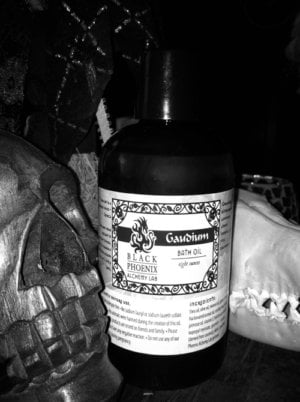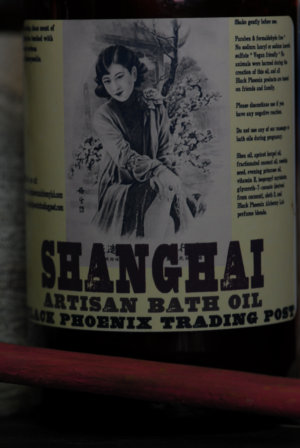Lemon Verbena
-
Gaudium Bath Oil
Add to cartPlease note all bath oils are 4oz
Geranium, bitter orange, lavender, lemon verbena, and pink grapefruit.
Enflame your delight in everyday things, and fill yourself with enthusiasm for life’s little joys.
True joy is a serious thing — Seneca
4oz Bottle
-
Shanghai Bath Oil
Add to cartThe crisp, clean scent of green tea touched with lemon verbena and honeysuckle.
4oz Bottle

